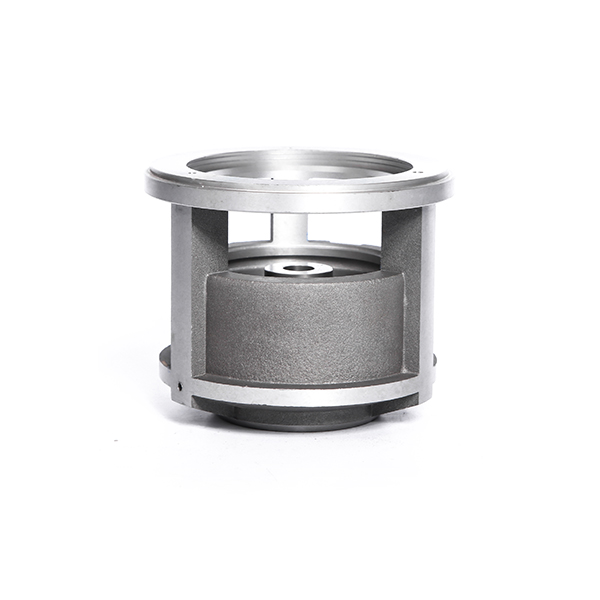Mobile:+86-311-808-126-83
Email:info@ydcastings.com
English
Top Aluminum Casting Manufacturers and Suppliers for Quality Metal Fabrication Services
The Aluminum Casting Industry Innovations and Key Players
Aluminum casting is a vital process in manufacturing, providing lightweight and durable components for various applications, including automotive, aerospace, and consumer goods. As the demand for aluminum products surges, companies in this sector are continually evolving to meet the needs of a diverse market. This article explores the aluminum casting industry, highlighting key companies and innovations driving its growth.
Understanding Aluminum Casting
Aluminum casting involves pouring molten aluminum into molds to create specific shapes and designs. This process can take several forms, including sand casting, die casting, and investment casting, each suited to different types of projects. The choice of method depends on factors such as production volume, the complexity of the part, and the desired surface finish.
One of the primary advantages of aluminum casting is its ability to produce lightweight yet strong components. Aluminum alloys are known for their excellent strength-to-weight ratio, making them ideal for industries where reducing weight improves fuel efficiency or performance, such as automotive and aerospace.
Key Players in the Industry
The aluminum casting industry is home to numerous companies, each bringing unique expertise and capabilities to the market. Some of the most notable players include
1. Alcoa Corporation As one of the largest aluminum producers globally, Alcoa is noted for its extensive involvement in aluminum casting. The company is known for its innovation in recyclable aluminum solutions and is an industry leader in developing new casting technologies that enhance production efficiency and reduce waste.
aluminum casting companies

2. Rio Tinto Rio Tinto's aluminum division focuses on sustainable mining and aluminum production. The company has invested significantly in clean energy initiatives, showcasing a commitment to reducing the carbon footprint associated with aluminum casting. Their advanced manufacturing processes have set benchmarks for sustainability in the industry.
3. Foundry Technologies, LLC Specializing in precision aluminum casting, Foundry Technologies provides services for sectors like aerospace and automotive. With state-of-the-art technologies and a focus on custom casting solutions, they are recognized for their ability to meet stringent tolerances and quality standards.
4. Dynacast Operating in multiple countries, Dynacast is renowned for its die-casting expertise. The company utilizes cutting-edge techniques and automation to enhance production accuracy and efficiency. Their focus on rapid prototyping and low-pressure die casting has propelled them to the forefront of the industry.
5. Aluminum Casting Technologies This company prides itself on its advanced sand casting capabilities, specializing in large, complex components. Their dedication to research and development enables them to innovate continuously, improving both the casting process and the resulting product quality.
Innovations Shaping the Future
The aluminum casting industry is experiencing significant advancements, driven by the integration of technology. Automation and precision engineering are enhancing efficiency, reducing waste, and improving product quality. Moreover, the shift towards more sustainable practices is leading companies to explore new methods of recycling aluminum.
Additive manufacturing, or 3D printing, is another exciting innovation. This technology allows for the rapid prototyping of aluminum components, enabling companies to experiment with design variations and produce parts with intricate geometries that traditional methods cannot achieve.
In conclusion, the aluminum casting industry plays a crucial role in various manufacturing sectors. With key players leading the charge and continuous innovations shaping the landscape, the future of aluminum casting looks promising. Companies are not only meeting the current demands for lightweight and durable materials but also setting new standards for sustainability and efficiency. As the industry evolves, it will undoubtedly continue to play a pivotal role in advancing technology and manufacturing practices.
-
Premium Fan Housing & Motor Casing for Optimal AirflowNewsAug.31,2025
-
High-Performance Automobile Water Pump & Electric SolutionsNewsAug.30,2025
-
Expert Stainless Steel Casting | Precision & Durable Metal PartsNewsAug.29,2025
-
Precision Metal Castings: Aluminum, Stainless Steel & Die CastingNewsAug.28,2025
-
Superior Aluminum Castings in Automotive Engine PartsNewsAug.22,2025
-
Common Materials Used in Fan Housing ManufacturingNewsAug.22,2025











